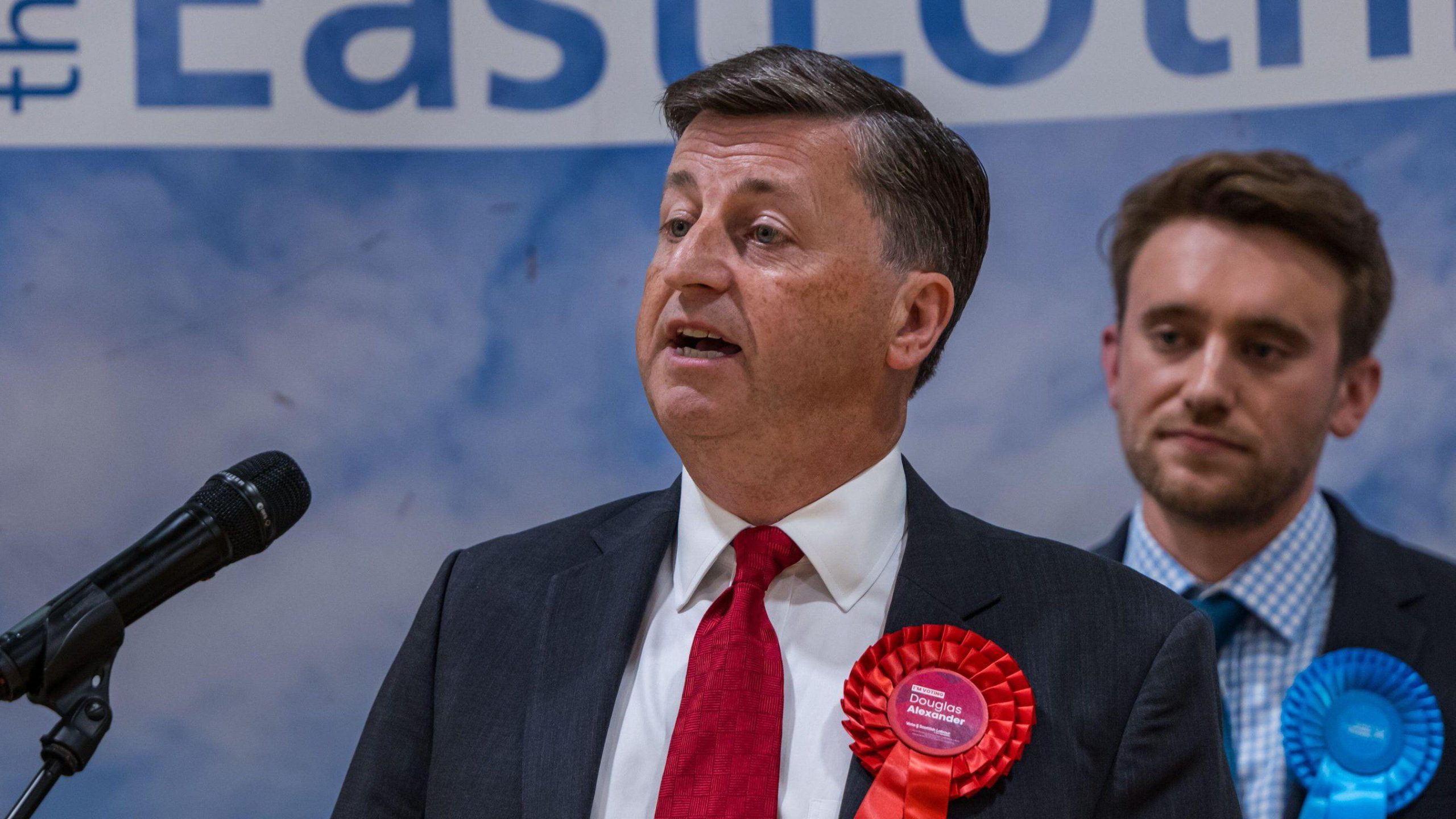Douglas Alexander, the UK’s new trade minister, is focusing on revitalizing the UK’s commercial policy with a renewed emphasis on Europe. Alexander, who has recently returned to ministerial office after a 14-year hiatus, criticized the previous Conservative government’s approach, which he believes prioritized quick trade deals over substantial agreements with the EU.
Alexander has vowed to base his trade strategy on data and practical benefits rather than political gimmicks, contrasting his approach with that of former prime minister Liz Truss, who he suggests was more interested in self-promotion than effective trade policy.
Alexander plans to advance trade discussions with countries such as India and those in the Gulf Cooperation Council (GCC), while also aiming to restart negotiations with Israel, South Korea, Switzerland, and Turkey.
However, he emphasized that the primary focus of his strategy will be on rebuilding and strengthening trade relationships with the EU, which remains the UK’s largest trading partner, accounting for 47% of its total trade. This focus on Europe reflects a shift from the previous administration’s lack of emphasis on the continent in its trade considerations.

Douglas Alexander Targets EU Trade Revitalization as UK’s New Trade Minister
As part of his efforts to improve trade relations with the EU, Alexander will support Nick Thomas-Symonds, the EU relations minister, in enhancing the UK-EU partnership. Key objectives include negotiating a veterinary agreement to facilitate agrifood trade and establishing mutual recognition of professional qualifications.
Additionally, Alexander aims to address non-tariff barriers such as product labelling rules. The EU has laid out demands for the UK to fully honor its Brexit agreement, which will be crucial in rebuilding trust and improving trade relations.
A trade white paper is in the works, assessing Britain’s commercial ties with China and setting priorities for future free trade agreements (FTAs). The six GCC countries and India are at the top of Alexander’s list, and he stressed that negotiations will be deliberate rather than rushed.
Alexander also highlighted the importance of improving access for British services exports, marking a departure from the criticized deal with Australia under the previous government, which had been deemed unfavorable to UK farmers.
Reflecting on his political journey, Alexander expressed surprise and satisfaction at his return to Westminster, especially given the significant political changes since his previous tenure.
After losing his seat in 2015 and spending nearly a decade away from frontline politics, Alexander has returned to a more stable political environment under a Labour government with a large majority. He acknowledged the improbability of his return and expressed enthusiasm for his role, despite speculation about other high-profile positions within the cabinet.
